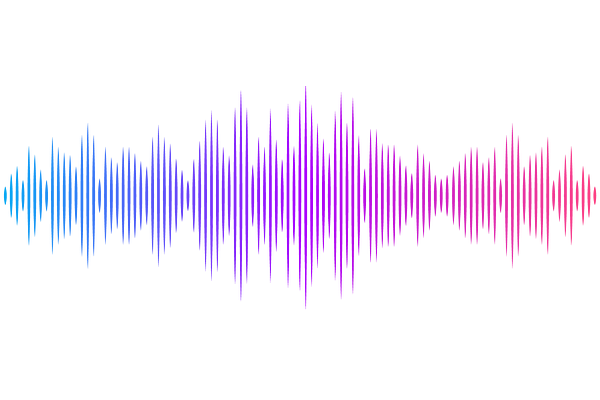TensorRL-QAS: Reinforcement learning with tensor networks for scalable quantum architecture search

TensorRL-QAS: Reinforcement learning with tensor networks for scalable quantum architecture search
Akash Kundu, Stefano Mangini
AbstractVariational quantum algorithms hold the promise to address meaningful quantum problems already on noisy intermediate-scale quantum hardware, but they face the challenge of designing quantum circuits that both solve the target problem and comply with device limitations. Quantum architecture search (QAS) automates this design process, with reinforcement learning (RL) emerging as a promising approach. Yet, RL-based QAS methods encounter significant scalability issues, as computational and training costs grow rapidly with the number of qubits, circuit depth, and noise, severely impacting performance. To address these challenges, we introduce $\textit{TensorRL-QAS}$, a scalable framework that combines tensor network (TN) methods with RL for designing quantum circuits. By warm-starting the architecture search with a matrix product state approximation of the target solution, TensorRL-QAS effectively narrows the search space to physically meaningful circuits, accelerating convergence to the desired solution. Tested on several quantum chemistry problems of up to 12-qubit, TensorRL-QAS achieves up to a 10-fold reduction in CNOT count and circuit depth compared to baseline methods, while maintaining or surpassing chemical accuracy. It reduces function evaluations by up to 100-fold, accelerates training episodes by up to $98\%$, and achieves up to $50\%$ success probability for 10-qubit systems-far exceeding the $<1\%$ rates of baseline approaches. Robustness and versatility are demonstrated both in the noiseless and noisy scenarios, where we report a simulation of up to 8-qubit. These advancements establish TensorRL-QAS as a promising candidate for a scalable and efficient quantum circuit discovery protocol on near-term quantum hardware.